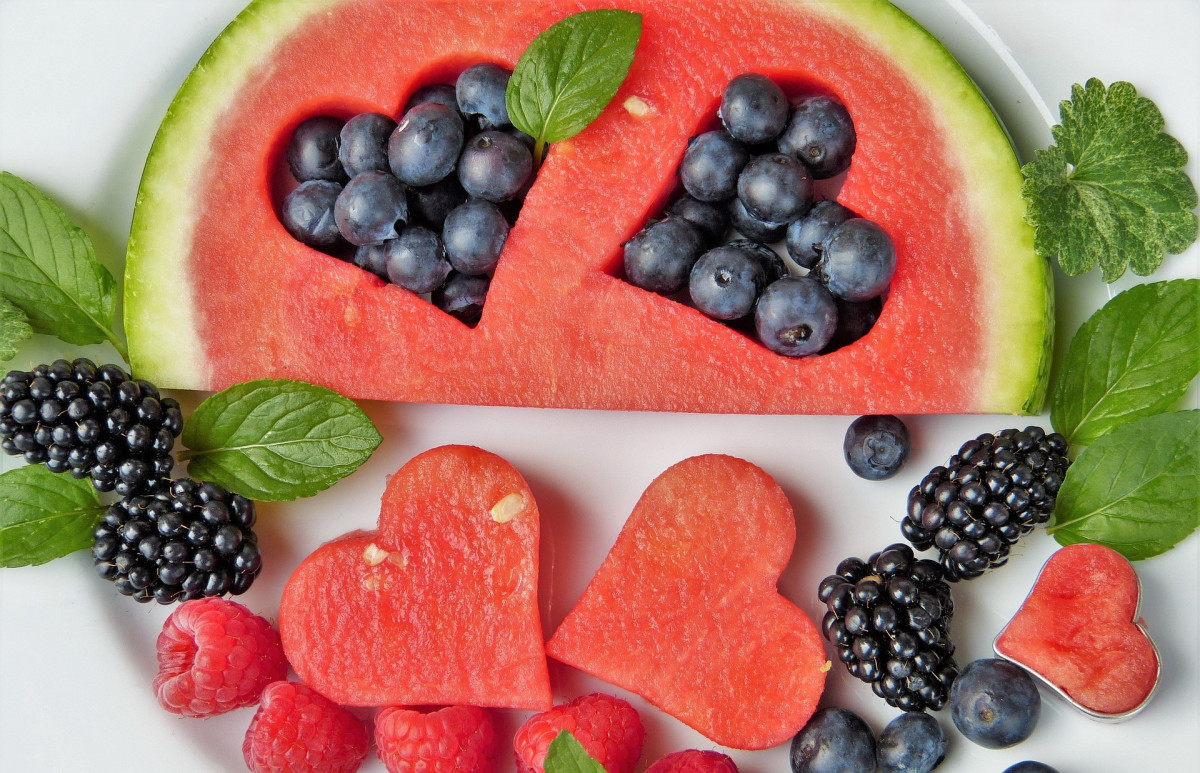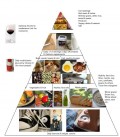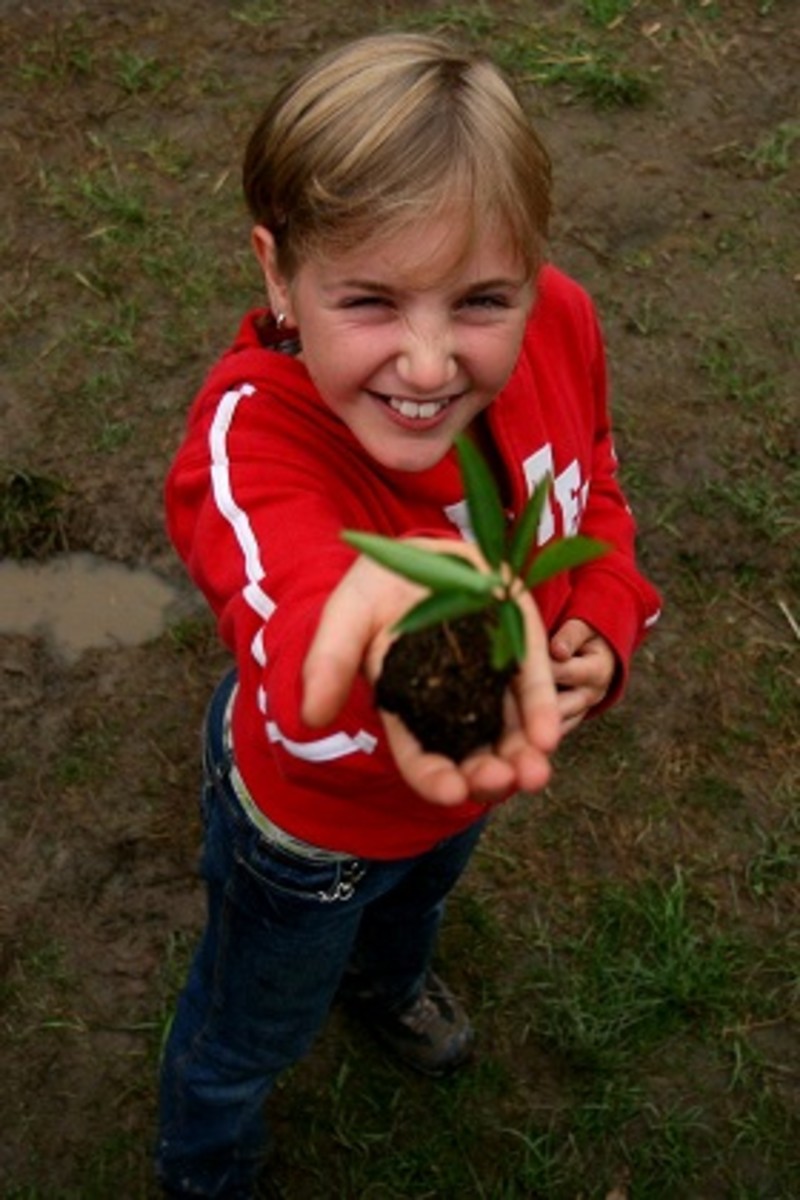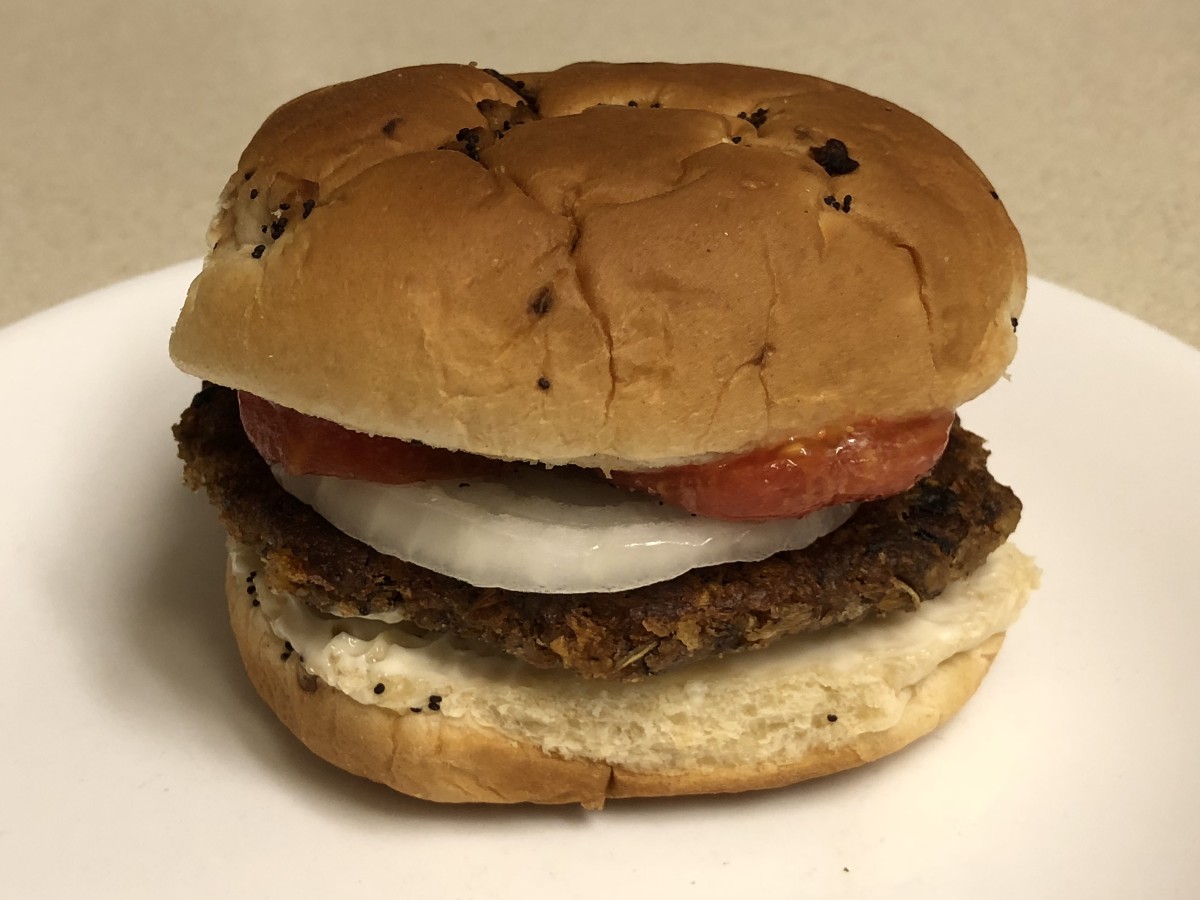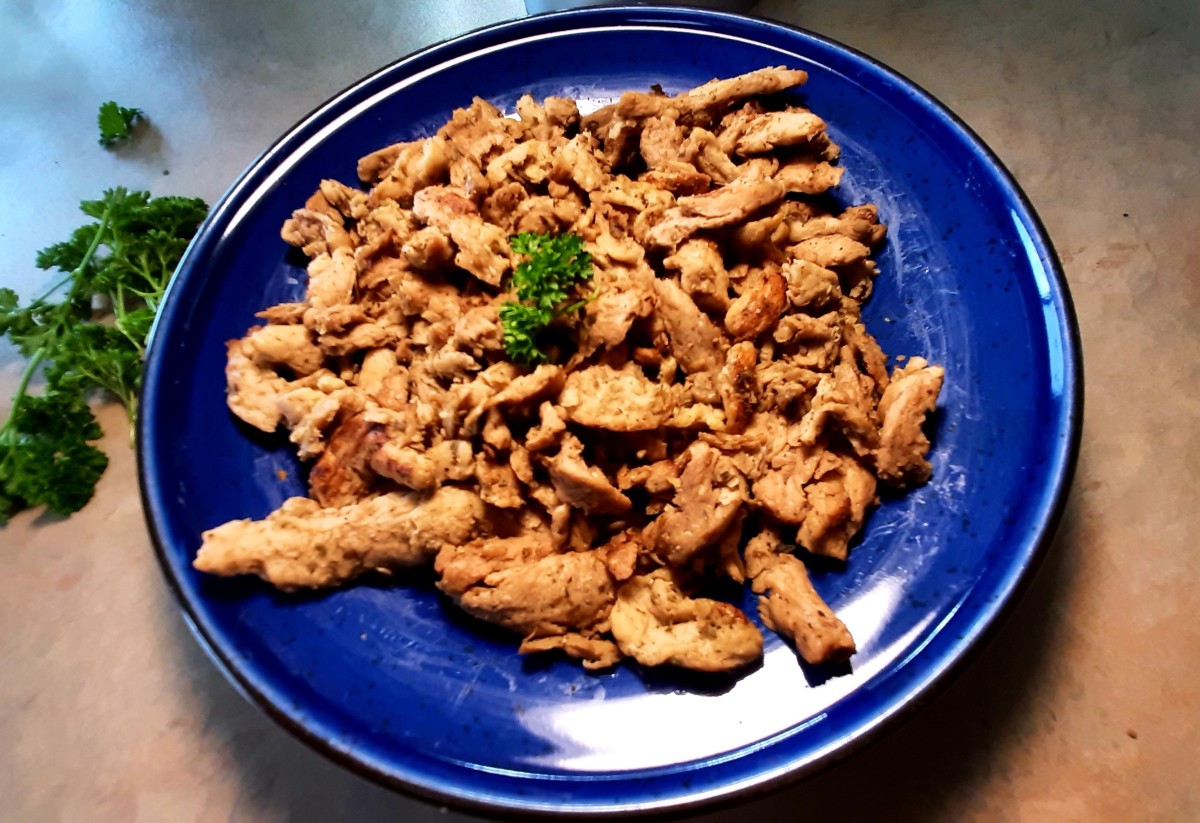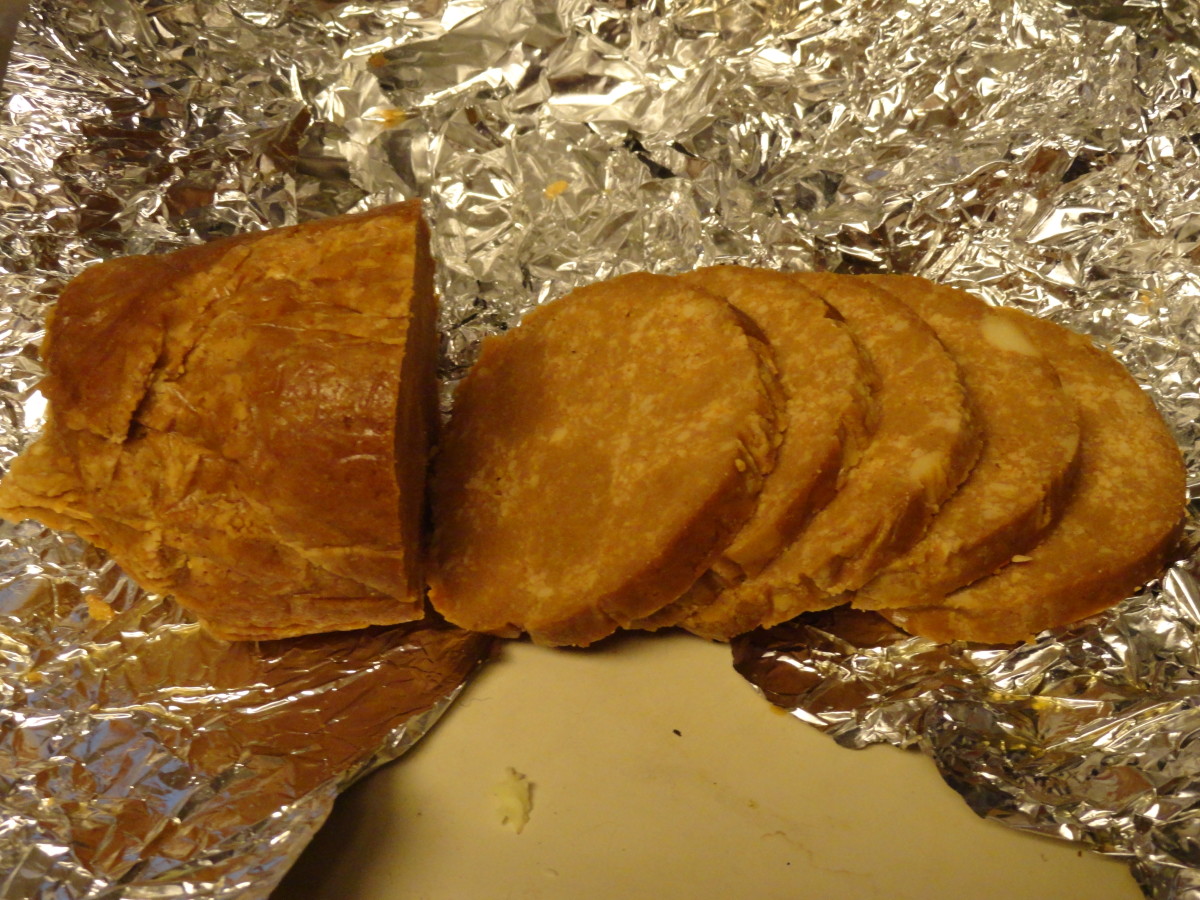Vegetarian Meal Planning Ideas for Kids and Children
Vegetarian meals for kids
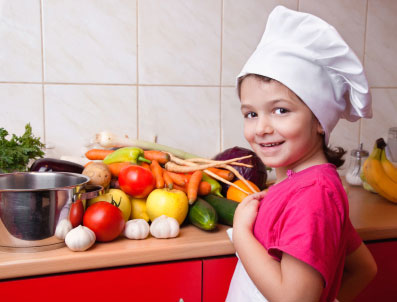
Raising Healthy Eaters: Why Early Habits Matter (And How a Plant-Focused Diet Helps)
Teaching children healthy eating habits begins the very moment they’re born. From the first bite of food to the routines they grow up with at the dinner table, kids are always watching, learning, and modeling the behavior they see. What we feed our children—and how we talk about food—can have lasting effects that stretch far into adulthood.
Introducing children to a vegetarian or plant-forward lifestyle can be one of the most powerful ways to encourage them to love a wide variety of wholesome, nutrient-rich foods. Contrary to outdated beliefs, vegetarian diets can be incredibly nourishing for growing kids, packed with fiber, protein, vitamins, and minerals from a diverse range of fruits, vegetables, legumes, grains, nuts, and seeds. When kids are exposed early to colorful, tasty plant-based meals, they’re more likely to develop a lifelong appreciation for real, whole food.
That doesn’t mean you have to go fully vegetarian to see benefits. Even making small, consistent changes can make a huge difference. If eliminating meat entirely feels overwhelming or unrealistic for your family, start by simply reducing how much meat you serve. A good rule of thumb is to keep portions of meat to about the size of your fist and focus on rounding out meals with plant-based proteins like beans, lentils, tofu, or quinoa. These foods are not only rich in protein but also loaded with essential nutrients and fiber—something most kids (and adults) don’t get enough of.
In the U.S., many children are facing an epidemic of unhealthy eating. Rates of childhood obesity are at alarming levels, and sedentary lifestyles paired with ultra-processed diets full of sugar and saturated fat are only making the problem worse. But here’s the good news: taste buds can be trained. The more children are exposed to fresh, healthy foods, the more their palates adapt, and the more they want those foods.
Feeding kids nutritious meals consistently helps reset their cravings and builds a healthy foundation for life. It also empowers them to make smart food choices when they're away from home—whether that’s at school, at a friend’s house, or eventually in college or on their own. These aren’t just eating habits—they’re life skills.
One of the best ways to encourage healthy eating is to involve kids in the process. Let them help choose fruits and veggies at the store, assist in simple meal prep tasks, and talk to them about where food comes from and how it fuels their bodies. When children feel included and informed, they’re more likely to take ownership of what goes on their plate—and feel proud of their choices.
Ultimately, raising healthy eaters is not about restriction or perfection. It’s about exposure, education, and leading by example. By incorporating more plant-based meals and teaching kids to love a wide variety of whole foods, you’re giving them one of the best gifts imaginable: the foundation for a vibrant, healthy future.
Vitamin D and milk allergies
- Why you should take vitamin D Supplements.
There are many reasons why you should have sufficient amounts of vitamin D in your diet, and because our diets are inconsistent, a vitamin D supplement is very important. - How and why to detox from dairy products
Over consumption of dairy products can cause a multitude of intolerable symptoms, impaired organ function, embarrassment, and discomfort. Do a detox from dairy and rid yourself from all of this!
Nourishing Your Infant: A Guide for the First Year
During the first year of life, your baby’s nutrition sets the foundation for healthy growth and development. One of the best ways to support your infant’s needs is by providing breast milk as often as possible. Breast milk is uniquely tailored by the mother’s body to meet her baby’s specific nutritional requirements. It adapts over time to match the baby’s changing needs and has been scientifically shown to play a key role in developing a strong, resilient immune system.
However, breastfeeding is not always possible for every parent. In those cases, the best alternative is soy-based infant formula. Of all the non-dairy options available, soy formula is the least likely to cause allergic reactions related to dairy intolerance. It’s designed to be gentle on your baby’s digestive system while still supplying the essential nutrients necessary for proper development.
For the first six months of life, infants do not require any nourishment beyond breast milk or soy formula. These provide all the vitamins, minerals, fats, and proteins they need for rapid brain and body growth. That said, it’s important to continue offering either breast milk or formula for the entire first year, even after solids are introduced, as it remains a critical source of nutrition.
If you’re breastfeeding, it’s recommended that your baby receive about two hours of sunlight per week, ideally in small amounts daily. This helps the body produce vitamin D, which is essential for bone development and immune health. And let’s be honest—getting outside is also a wonderful way for new mothers to stay active, enjoy fresh air, and gently ease back into post-pregnancy fitness routines.
For vegetarian mothers who are breastfeeding, be sure to supplement your diet with a high-quality vitamin B12 supplement, along with a comprehensive multivitamin. B12 is vital for your baby’s neurological development, and plant-based diets may not always supply adequate amounts without supplementation.
When your baby is around 5 to 6 months old, you can begin to introduce solid foods. A good first choice is an iron-fortified baby cereal, especially since a baby’s natural iron stores—high at birth—start to deplete around 4 months of age. Iron is crucial for brain development, and starting with fortified cereals is a gentle and effective way to begin meeting those needs.
With the right knowledge and care, feeding your infant can be a joyful and rewarding experience—nourishing both their bodies and your growing bond.
Food Processor
Introducing Variety: Nourishing Your Baby’s Expanding Palate (6–8 Months)
Between 6 and 8 months of age, your baby is entering an exciting stage of development—not just physically, but also in terms of taste and texture. As their coordination improves and their digestive system matures, you can begin to offer a wider range of foods that support their growth and help shape healthy eating habits early on.
At this stage, mashed, thoroughly cooked vegetables are perfect additions to your baby’s diet. Soft textures and mild flavors make it easy for babies to try new foods without overwhelming their senses. Great starter vegetables include carrots, potatoes, green beans, and peas. Be sure to cook them well until they’re soft enough to mash easily with a fork or blend into a smooth consistency. These veggies are not only gentle on tiny tummies, but also packed with vitamins, minerals, and fiber essential for development.
Fruits are also a big hit during this phase. Begin with simple options like bananas, applesauce, strained peaches, and avocados—all of which provide natural sweetness and a smooth texture babies love. Avocados, in particular, are rich in healthy fats that support brain growth and overall development.
By the time your baby reaches 8 months, they are often ready to try foods with more substance and texture. Many babies can now manage small amounts of soft breads, crackers, and dry cereals that dissolve easily in the mouth. Be sure to offer small, bite-sized pieces to reduce any choking risk, and always supervise during mealtime.
This is also a good time to introduce protein-rich foods in mashed or soft forms. Tofu is a great option—it’s soft, mild in flavor, and packed with protein and calcium. Mashed beans like black beans, lentils, and chickpeas are another excellent plant-based protein source. They’re full of iron and fiber and can be seasoned lightly with herbs to introduce your baby to new flavors without using salt or sugar.
Introducing variety at this stage not only fuels your baby’s growing body but also shapes their preferences and eating habits for years to come. Keep offering new foods regularly, and don’t be discouraged if they reject something at first—sometimes it takes a few tries before they warm up to a new taste or texture.
The key is patience, variety, and joy in the journey of raising a healthy, curious eater.
Meals- ages 1-4
Breakfast-Oatmeal, with a side of applesauce and fresh juice (orange, cranberry, cranapple)
Lunch-Soy milk, carrot or celery sticks, a banana, apple, or orange, and hummus on whole wheat crackers
Dinner-Soy milk, steamed green vegetables (take your pick), corn and mashed potatoes
Snacks-Any type of fruit, dry cereal (Cherio's), and soy milk
Vegetarian food pyramid
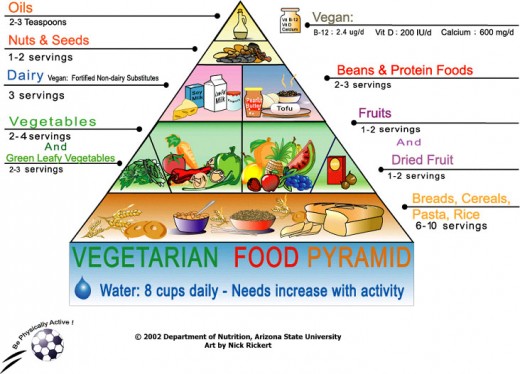
Car seat safety
- How long does a child need a car seat or booster sea...
Laws on car-seat safety vary by state, but it is very important to keep your children in proper car-seats or booster seats until they can safely ride without them.
Smart Snacking for Growing Kids and Energized Teens
Children and teens are constantly growing, learning, and on the move—which means they require a steady source of energy and nutrients to fuel their busy lives. But when it comes to kids, there’s one important fact to remember: while their calorie needs are high, their stomachs are small. This makes frequent snacking not just a good idea, but an essential part of meeting their nutritional needs.
Offering your child healthy, balanced snacks throughout the day ensures they’re getting the energy they need for physical activity, mental focus, and overall development. Skipping snacks or relying too heavily on processed, sugary options can leave kids feeling sluggish, irritable, and prone to unhealthy cravings.
When children are younger, snacks can help fill in the gaps between meals. Think of them as “mini meals” that offer a balance of carbohydrates, protein, and healthy fats. For teens, who are often in a whirlwind of activity—sports, school, social life, and more—snacks can also support performance, stamina, and healthy growth. However, teens often have access to fast food, vending machines, and late-night cravings, so it's important to help them make smarter, lower-fat food selections and build habits they can carry into adulthood.
The best approach is to keep a variety of nutritious, delicious options readily available at home so your child or teen always has something good to reach for. When healthy snacks are convenient and appealing, they’re more likely to be chosen over less nutritious alternatives.
Here are some snack suggestions that are kid- and teen-friendly:
-
Protein bars
Choose ones with whole ingredients, moderate sugar, and at least 7–10 grams of protein. They’re great on-the-go or as a quick post-practice refuel. -
Nuts and seeds
Almonds, walnuts, pistachios, sunflower seeds, or trail mixes (without added candy) provide protein, healthy fats, and a satisfying crunch. Portion them into small containers or bags for grab-and-go convenience. -
Dehydrated or dried fruit
Apricots, mangoes, apples, and bananas are naturally sweet and shelf-stable. Just look for options without added sugar. -
Fresh fruit
Apples, bananas, oranges, grapes, berries—nature’s original snack! Pair fruit with a protein source (like nuts or yogurt) to keep energy levels stable. -
Peanut butter on rice cakes
A tasty and satisfying combo of carbs and protein. You can also swap in almond, sunflower, or cashew butter for variety. -
Hard-boiled eggs (non-vegan option)
A protein-packed, portable snack. Sprinkle with a little pepper or paprika for flavor. -
Yogurt
Both dairy and non-dairy varieties can offer calcium, probiotics, and protein. Top with fruit, granola, or a drizzle of honey for extra taste and nutrition.
By keeping these healthy snacks within reach and involving your kids in the selection process, you’ll help them build a strong, positive relationship with food—one that supports their energy, growth, and long-term well-being.
Meals-ages 5-8
Breakfast-Orange slices, whole grain cereal with rice or soy milk and banana slices.
Lunch-Eggs on toast, apple juice, carrots or celery sticks, oatmeal cookies.
Dinner-Baked beans with soy or tofu "hot-dog" pieces, baked or mashed potato, fruit salad, spinach and soy or almond milk.
Snack-Soy milk, trail mixes or nuts, chocolate chip cookies or graham crackers.
Meal-ages 9-12
Breakfast-Fruit smoothies, toast with almond butter, and orange juice
Lunch-Macaroni and cheese, green beans, salad, and whole wheat bread
Dinner-Steamed broccoli and carrots, baked french fries, berry cobbler, and soy or almond milk,
Snack-figs, popcorn, trail mix, rice cakes, oatmeal cookies.
Meals-ages 13-20
Breakfast-Orange juice, bagels or English muffins with apple butter.
Lunch-Bean and cheese burritos, add lettuce, tomato, and guacamole. Veggie wraps. For sides have whole grain rice, or chips and salsa.
Dinner-broccoli, carrots, and squash. Spaghetti with marinara sauce, fresh garden or cucumber salad, and soy, almond milk, or a huge glass of water.
Snack-Fruit smoothies, hummus with pita chips, raw crunchy vegetables-pepper slices, carrots, celery.
Eat more vegetables!
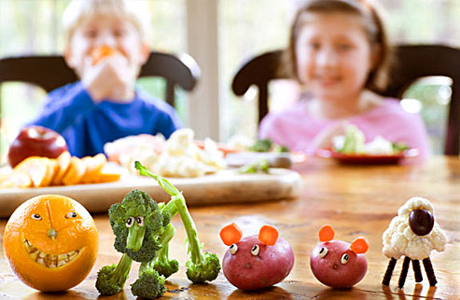
Food Groups
Vegetables
| Whole Grains
| Legumes, nuts, seeds, non-dairy
|
|---|---|---|
broccoli, kale, spinach, juiced wheat grass, turnips, mustard greens, beets, bok choy, swiss chard, carrots, brussel sprouts, alfalfa sprouts, beans, peas, avacado
| breads, hot and cold cereal, brown rice, barley, crackers, Quinoa, rice cakes
| kidney beans, lentils, split peas, navy beans, chickpeas, tofu, whole seeds, chopped nuts, nut butters, rice, almond and soy milk
|
This content is accurate and true to the best of the author’s knowledge and is not meant to substitute for formal and individualized advice from a qualified professional.


